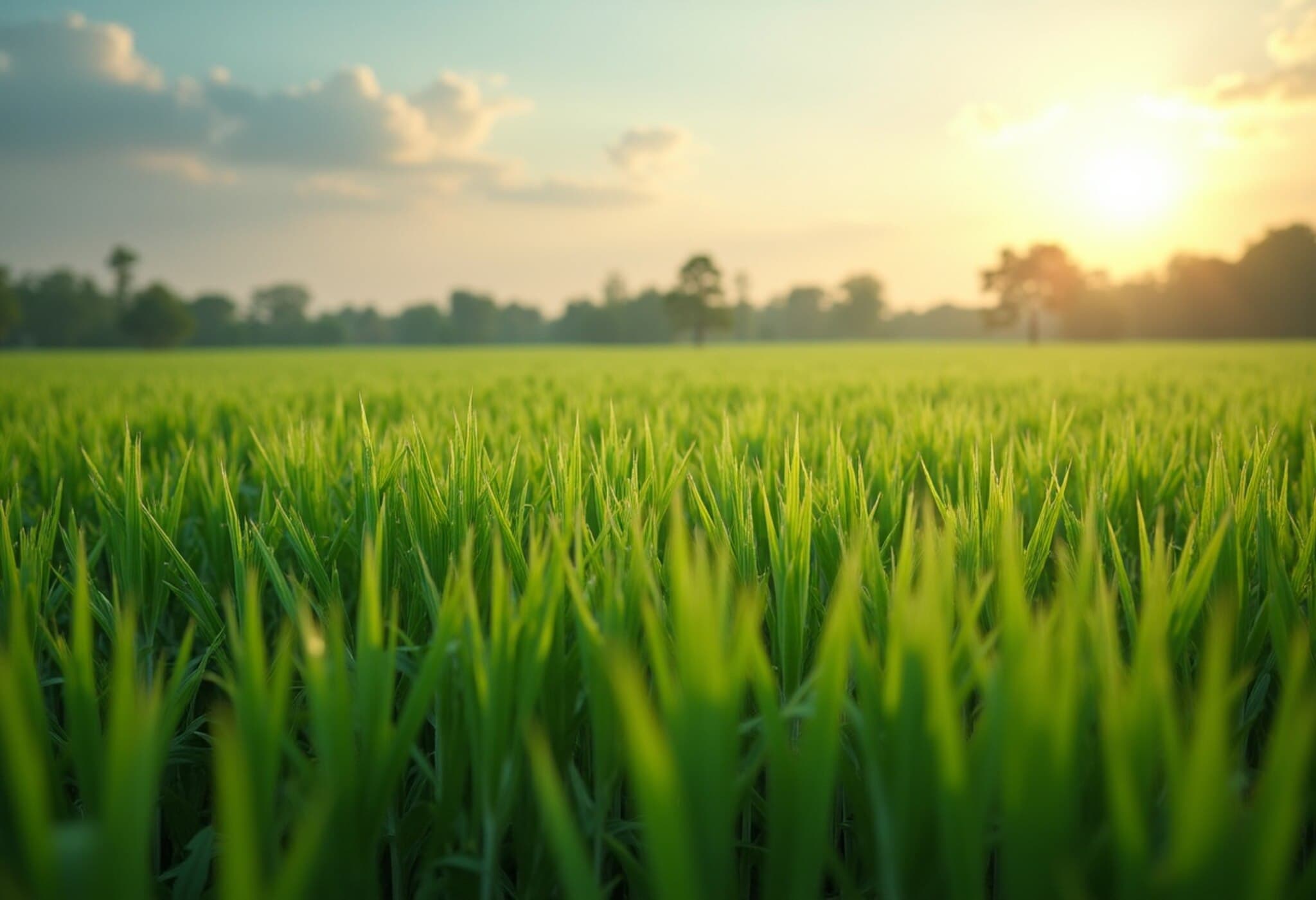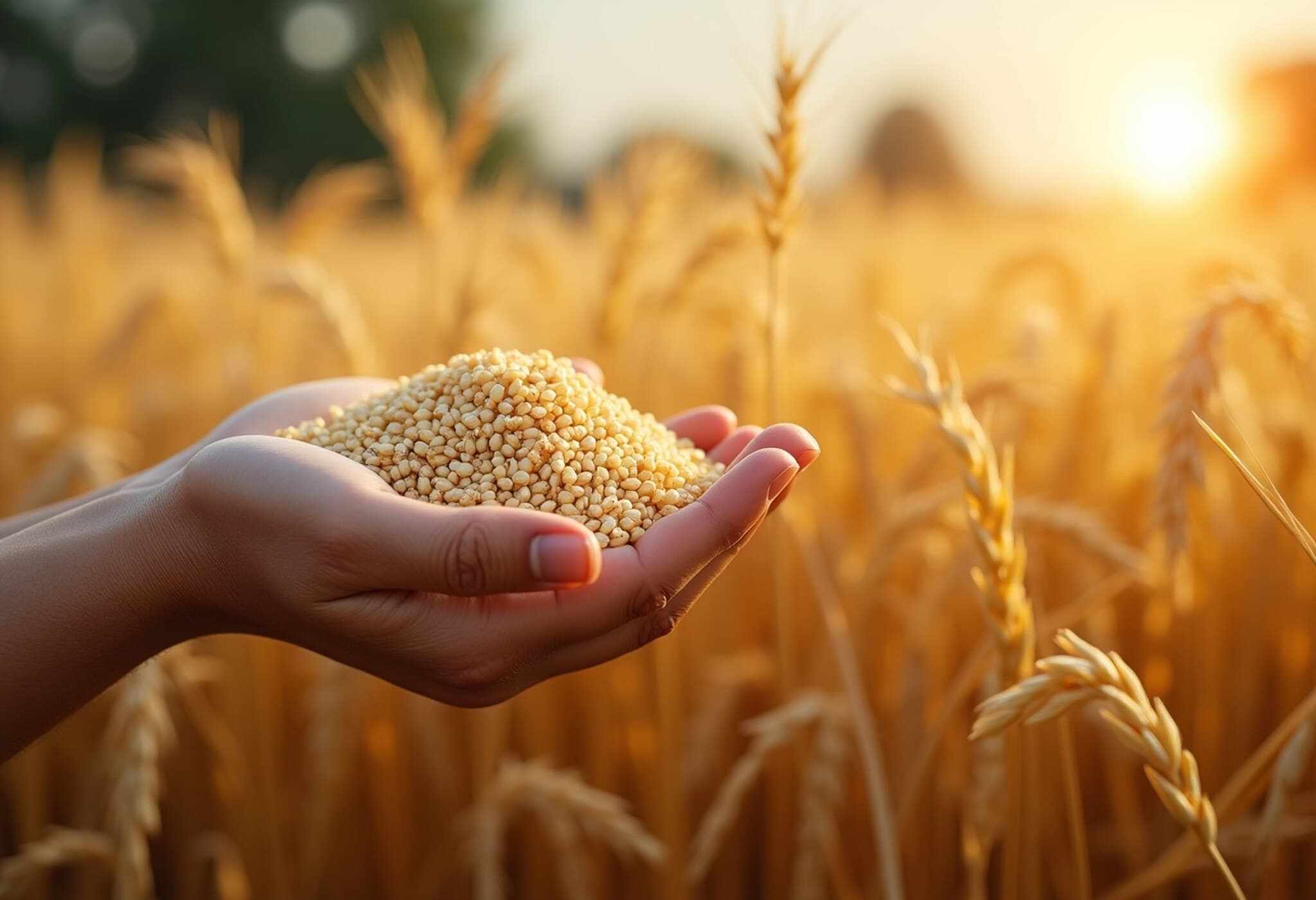Punjab Agricultural University Breaks into Global Top 100 Agricultural Institutions
In a notable achievement that underscores India's evolving agricultural research prowess, Punjab Agricultural University (PAU), Ludhiana, has been ranked 93rd in the world for Agricultural Sciences in the EduRank 2025 list. This recognition places PAU among the elite 100 institutions worldwide from a pool of 4,407 global contenders.
A Singular Achievement for an Indian State Agricultural University
PAU is distinguished as the only state agricultural university from India to make this prestigious list, highlighting its unique status in the global academic and research community. The ranking, published by EduRank, reflects a comprehensive assessment based on research output, citation impact, and academic influence—metrics that showcase institutions' real-world contributions and scholarly excellence.
EduRank’s Global Context and Asian Representation
EduRank's evaluation includes over 14,000 institutions globally, ranking them based on transparent quantitative indicators. Within Asia, only 22 institutions earned a spot in the top 100 for Agricultural Sciences. Of these, China dominates with 13 universities, followed by Japan with two, while Israel, Singapore, Malaysia, Indonesia, Pakistan, and India each contribute one to the list. India's representation extends beyond PAU to the Indian Agricultural Research Institute (IARI), New Delhi, ranked 47th—a national institute under the Indian Council of Agricultural Research (ICAR).
Historical Significance and National Pride
Established in 1962, PAU has long been a cornerstone of India's agricultural transformation, often heralded as the birthplace of the Green Revolution that skyrocketed the country’s food production capabilities. This ranking is not just an institutional milestone but also a reflection of India's growing global stature in agri-science research.
Official Statements and Future Prospects
Dr. Satbir Singh Gosal, Vice-Chancellor of PAU, expressed immense pride in the university's achievements, emphasizing that the ranking is a testament to the dedication, scientific rigor, and collaborative spirit within PAU’s academic and research community. He further noted that this esteemed placement would significantly broaden the university’s international visibility and pave the way for strategic collaborations with global research institutions and agricultural industry leaders.
National Rankings and Consistent Excellence
PAU’s international recognition complements its domestic accolades, having topped the National Institutional Ranking Framework (NIRF) among State Agricultural Universities consecutively in 2023 and 2024. Additionally, the Indian Institutional Ranking Framework (IIRF) 2025 affirmed PAU’s position as the country’s premier state agricultural university, underscoring sustained excellence.
Broader Implications for Indian Agriculture and Research Policy
This accolade arrives at a critical juncture as India intensifies focus on sustainable agriculture, food security, and climate-resilient farming practices. The visibility brought by global rankings like EduRank could catalyze increased funding opportunities, cross-border partnerships, and innovation exchange, helping India meet future agricultural challenges.
Key Takeaways:
- PAU stands out as the only Indian state agricultural university in the EduRank 2025 global top 100.
- The university's legacy as a Green Revolution pioneer enhances its reputation.
- International rankings foster opportunities for global collaborations and funding.
- Reflects India’s expanding leadership role in agricultural sciences on a geopolitical scale.
Editor’s Note
PAU’s groundbreaking placement invites reflection on how regional institutions can drive global advancements through sustained scientific inquiry, policy support, and innovation. As the world grapples with pressing issues like food security, climate change, and sustainable development, institutions like PAU not only symbolize national pride but also exemplify the critical intersection of tradition, science, and global collaboration. It also raises questions about how other Indian state universities can emulate PAU’s success and what mechanisms might strengthen India’s overall agricultural education and research ecosystem.



















